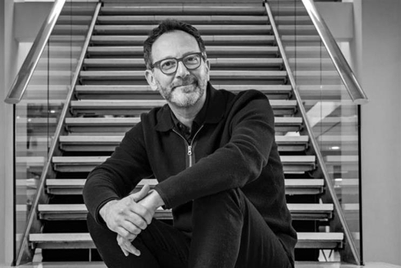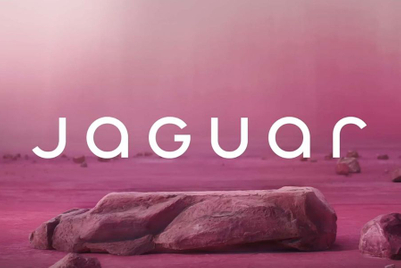
Japan Airlines (JAL) has made punctuality its key selling point in a new global branding campaign developed by M&C Saatchi.
The concept, featuring the tagline ‘The Airline, On the Dot’, is based on JAL’s award-winning reliability. FlightStats, a company specialising in global flight data, has ranked JAL the world’s most punctual airline five times—in 2009, 2010, 2012, 2013 and 2015, according to the TVC. The spot tells viewers that “time is precious for those who fly, and for those who wait”.
In a statement, Tamio Koshino, chief executive of M&C Saatchi Tokyo, said the message aims to appeal to people’s emotions as well as to rationality. He said punctuality and precision are universally valued but are “inherent Japanese traits which have become symbols of dependence and reliability”.

The campaign targets Asia, Europe and North America and will continue to develop over the next three years. JAL appointed M&C Saatchi as one of its agencies earlier this year.
Campaign’s view: Let’s be honest—airline branding is tough. The premise of this work makes good sense: Japan is indeed known for its timekeeping, as was highlighted in November when stories appeared around the world about a rail operator apologising for a train leaving 20 seconds too early.
The thing is, Japan is just one of a number of countries, like Germany and Switzerland, where people put emphasis on punctuality. The Netherlands' KLM was in fact the most punctual airline in 2016 according to FlightStats, followed by Spain's Iberia, with JAL third (its last award was two years ago).
People see punctuality as a hygiene factor rather than a perk when it comes to premium carriers. JAL can certainly talk about it more credibly than many brands. But sometimes, even the best-run airlines suffer delays or cancellations. So we can’t help feeling firstly that JAL may be making a promise it can’t keep, and secondly that something more is needed—a sense of humanity or unique hospitality, for example—to really set the airline apart from other reliable services.



.jpg&h=334&w=500&q=100&v=20250320&c=1)

.jpg&h=334&w=500&q=100&v=20250320&c=1)
.jpg&h=334&w=500&q=100&v=20250320&c=1)
.jpeg&h=334&w=500&q=100&v=20250320&c=1)

.jpg&h=334&w=500&q=100&v=20250320&c=1)
.jpg&h=334&w=500&q=100&v=20250320&c=1)




.jpg&h=268&w=401&q=100&v=20250320&c=1)


.jpg&h=268&w=401&q=100&v=20250320&c=1)
